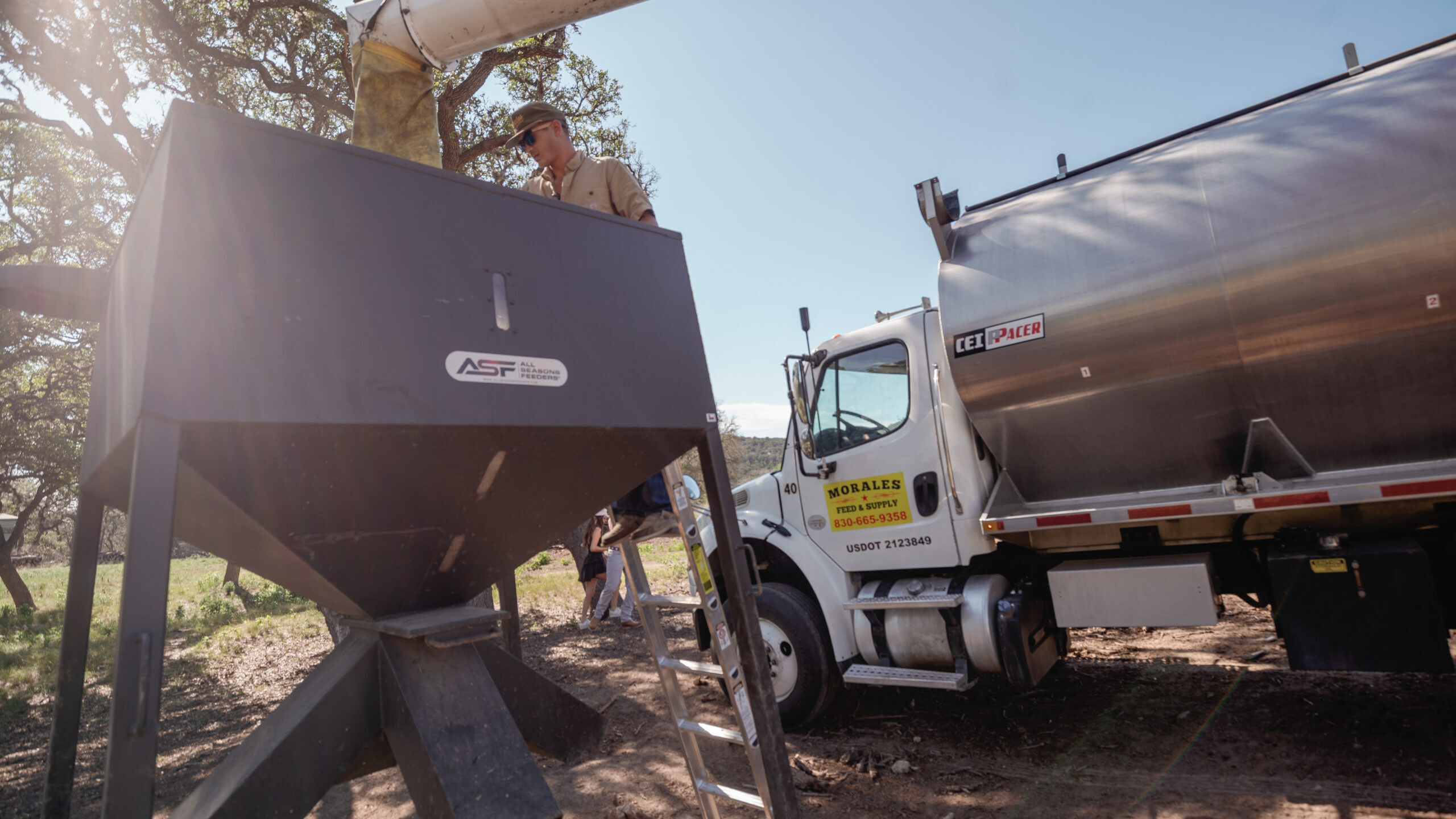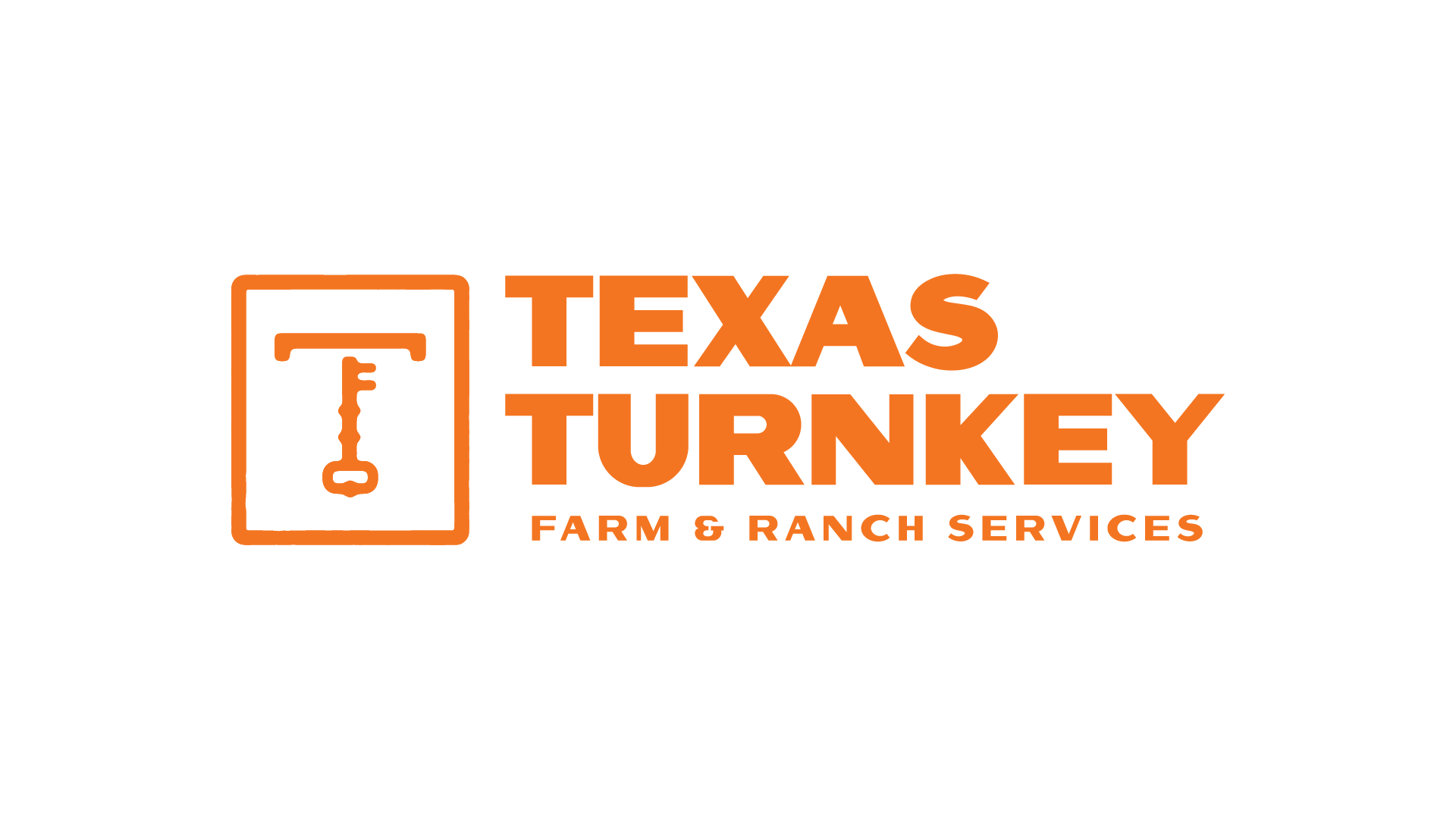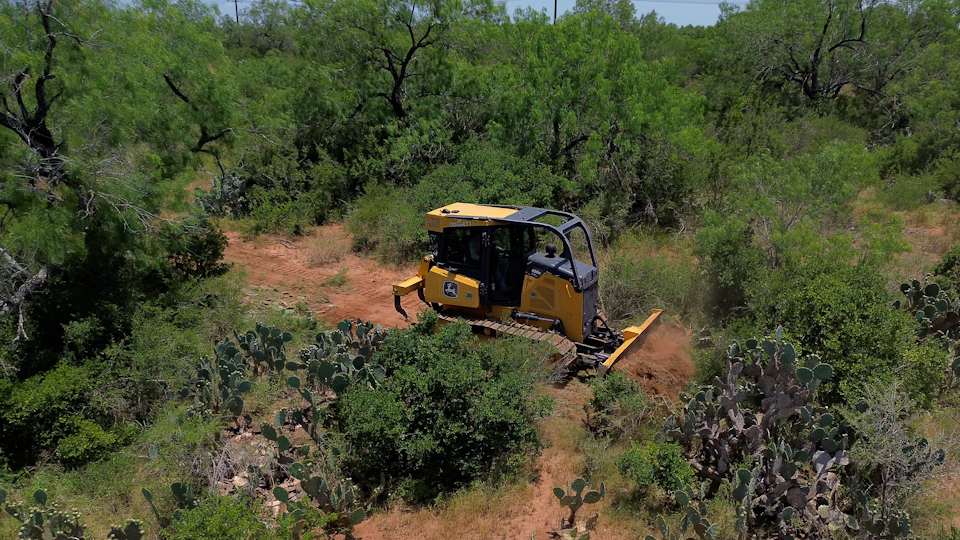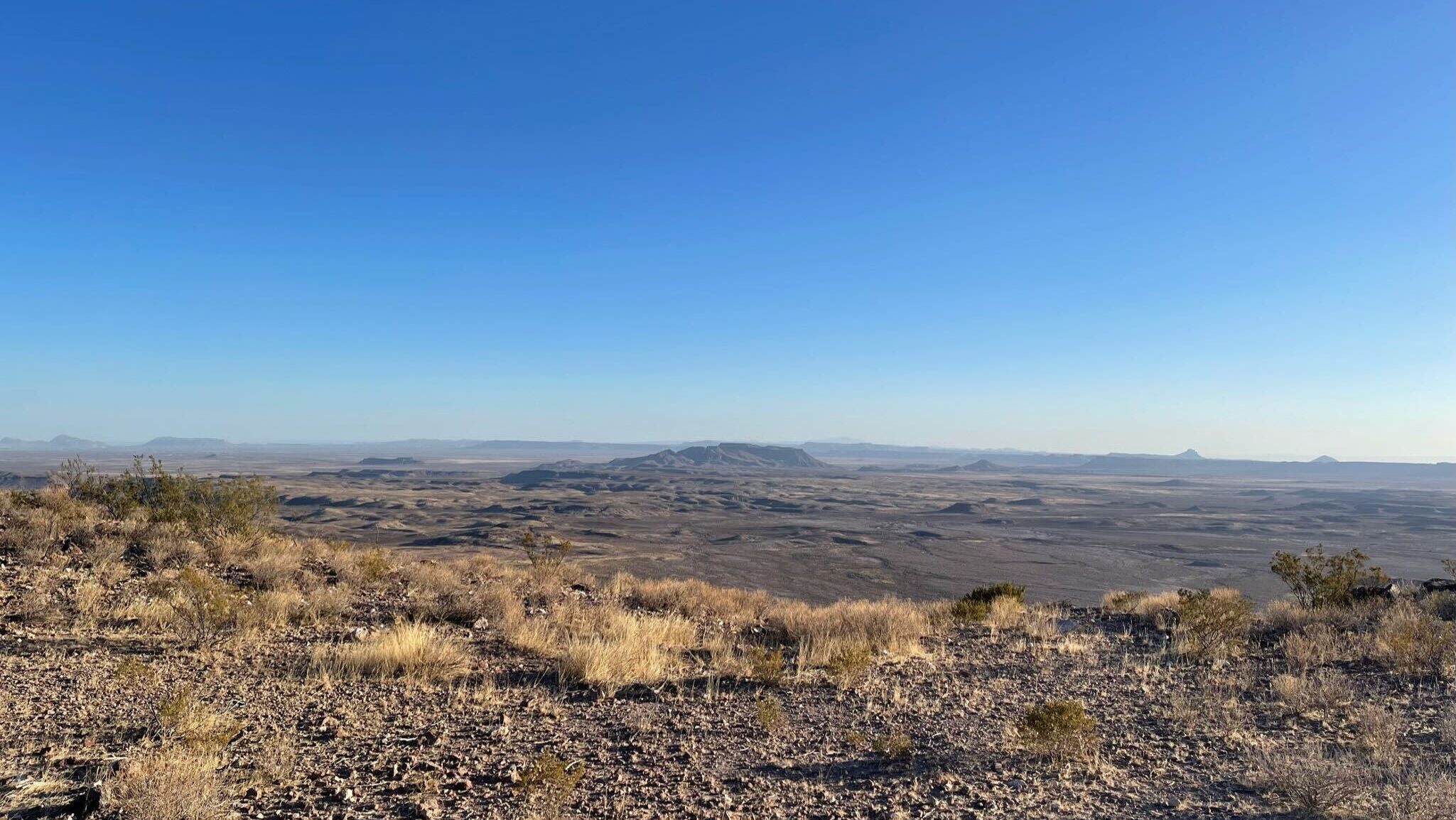
A Seasonal Guide to Equipment and Vehicle Maintenance for Texas Ranches
In Texas, the changing seasons bring unique challenges to ranch equipment and vehicles, making seasonal maintenance an essential practice. From extreme heat in the summer to the cooler, damp conditions of winter, Texas weather can impact the performance and longevity of your ranch machinery. This guide provides practical, season-specific maintenance tips to help Texas ranchers keep their equipment in top shape year-round. By adapting your maintenance strategy to the seasons, you’ll ensure that your equipment is reliable, efficient, and ready to handle the demands of ranch life, whatever the weather.
The Importance of Seasonal Maintenance for Ranch Operations
Ranch equipment and vehicles endure significant wear and tear due to constant use and exposure to outdoor conditions. Seasonal maintenance helps reduce this strain by addressing temperature extremes, moisture, dust, and other environmental factors. This proactive approach not only protects your investment but also helps prevent costly breakdowns and enhances the safety of both workers and animals on the ranch. With the right seasonal maintenance practices, you can extend the life of your equipment and maximize productivity.
Preparing for Texas Summers: Keep Your Equipment Cool and Protected
Texas summers are notoriously hot, with temperatures often reaching triple digits. These extreme conditions can cause overheating, fluid evaporation, and accelerated wear on equipment. Here’s how to prepare for the summer heat:
1. Engine Cooling Checks
High temperatures can easily cause engines to overheat, especially when working in the sun. Make sure to:
- Check and Refill Coolant: Regularly inspect coolant levels and refill as necessary. Consider using a coolant with a higher boiling point for summer months to prevent overheating.
- Inspect Radiators and Hoses: Check radiators and hoses for any signs of leaks, clogs, or wear. Clean out debris from radiator fins to improve airflow and cooling efficiency.
2. Monitor Fluid Levels
The heat causes fluids like oil, hydraulic fluid, and transmission fluid to evaporate more quickly. Frequent checks and top-offs are essential:
- Oil Changes: Consider using oil with a slightly higher viscosity during hot months, as it can maintain better lubrication under high temperatures.
- Hydraulic Fluid Checks: Inspect hydraulic fluid levels and ensure there are no leaks. Heat can cause hoses and seals to expand, so it’s important to monitor them closely.
3. Protect Equipment with Sun Covers
Constant exposure to the sun can cause paint to fade, rubber parts to crack, and metal to degrade over time. Protect vulnerable parts by:
- Using Sun Covers or Shades: For equipment that stays outdoors, invest in UV-resistant covers or shades to reduce sun exposure.
- Applying Protective Coatings: Waxing or applying protective coatings to equipment surfaces can help prevent rust and keep parts in good condition.
4. Tire Pressure and Tread Checks
Hot weather can increase tire pressure, leading to blowouts or accelerated tread wear, especially on rough ranch terrain. Make sure to:
- Check Tire Pressure Frequently: Check pressure regularly to ensure it’s within the recommended range for summer.
- Inspect Tread Wear: High temperatures make rubber more susceptible to wear, so replace tires if treads are worn down.
Winterization Tips for Texas Ranches: Preparing for Colder Months
While Texas winters aren’t as harsh as in other regions, cooler temperatures and occasional freezes can still impact equipment. Proper winterization ensures that your machinery remains operational and prevents damage from cold weather.
1. Use Winter-Friendly Fluids
Cold temperatures can cause standard oils and fluids to thicken, impacting performance. Prepare by:
- Switching to Winter-Grade Oil: Use a lower-viscosity oil during winter months to help the engine start more easily in cold weather.
- Checking Antifreeze Levels: Make sure antifreeze is at the correct concentration to prevent freezing. This is especially important if your ranch experiences occasional freezing temperatures.
2. Battery Maintenance
Batteries are vulnerable to cold weather, and low temperatures can drain them quickly. Here’s how to protect your batteries:
- Inspect Battery Charge and Terminals: Check battery charge levels more frequently in winter. Clean terminals to prevent corrosion and ensure strong connections.
- Consider Battery Warmers: If temperatures regularly drop below freezing, battery warmers can keep batteries at an optimal temperature for performance and longevity.
3. Lubricate Moving Parts
Cold weather can cause metal parts to stiffen, making lubrication especially important during winter months. Focus on:
- Using Winter-Grade Lubricants: Choose lubricants that are designed for colder temperatures to prevent stiffness and keep parts moving smoothly.
- Greasing Joints and Bearings: Regularly grease moving parts like joints, bearings, and axles, as these areas are more likely to freeze or seize in cold weather.
4. Fuel System Protection
Diesel fuel, commonly used in larger ranch machinery, can gel in low temperatures. Prevent fuel issues by:
- Adding Fuel Stabilizer or Antigel Additives: These additives help prevent fuel from thickening or gelling in cold conditions.
- Keeping Fuel Tanks Full: A full tank reduces the chance of condensation, which can freeze and create issues in the fuel lines.
Seasonal maintenance is a powerful tool for ranch owners, especially in Texas, where summers bring intense heat and winters occasionally dip into freezing temperatures. By preparing equipment for seasonal shifts, ranchers can reduce repair costs, prevent breakdowns, and improve overall productivity.
For ranchers looking to optimize their maintenance approach, Texas Turnkey Ranches offers tailored guidance and services to help you prepare for each season. With years of experience in Texas-specific ranch management, Texas Turnkey Ranches can assist in developing a seasonal maintenance strategy that keeps your equipment resilient, reliable, and ready for the demands of each season.



